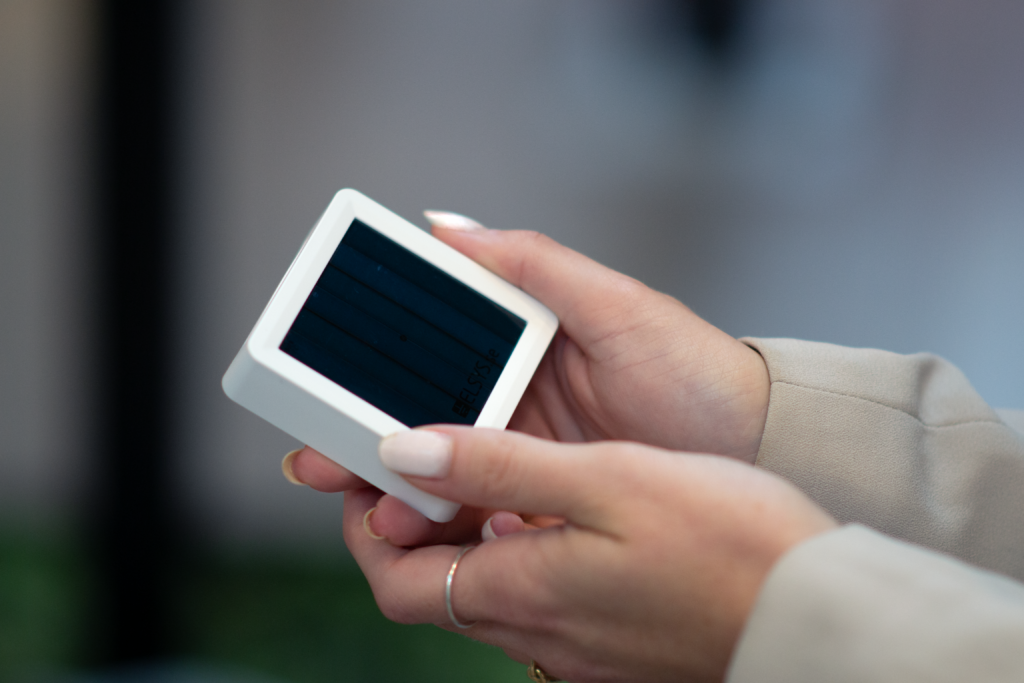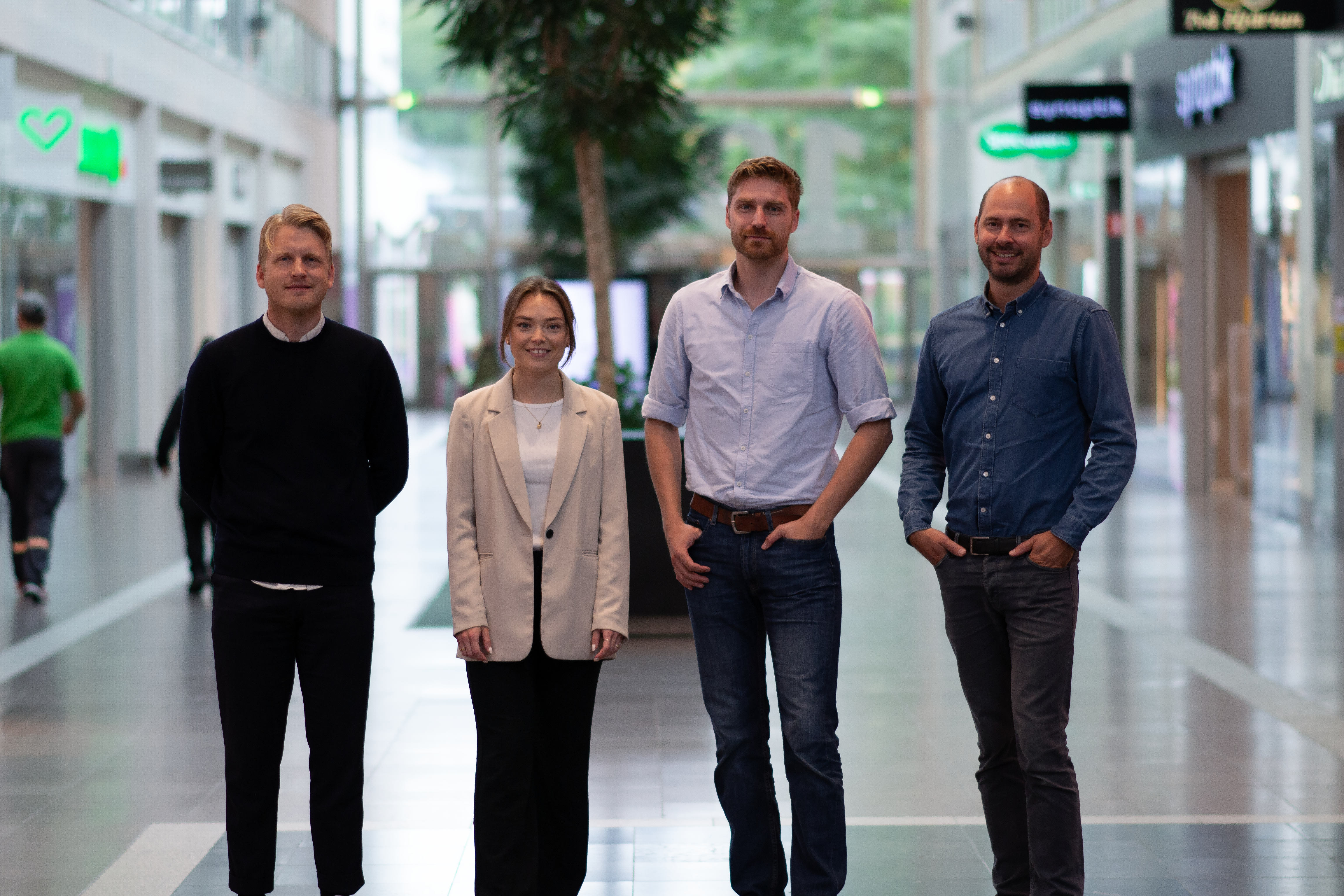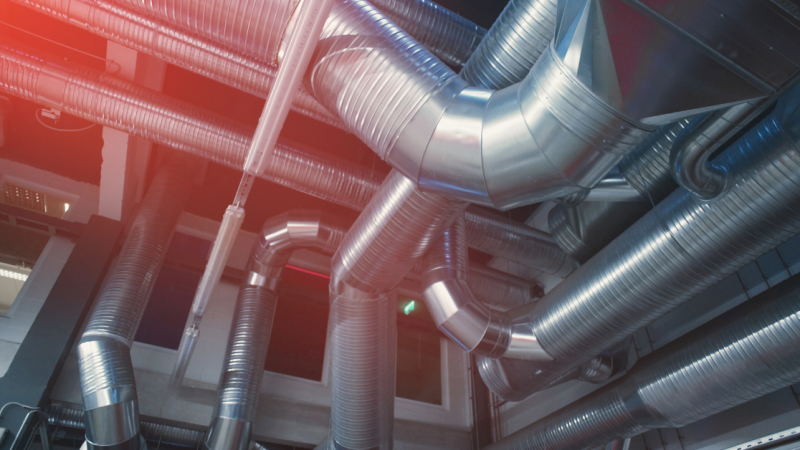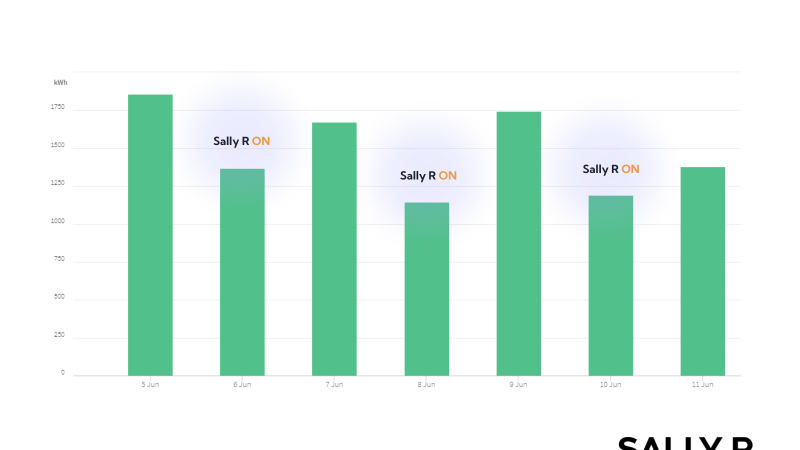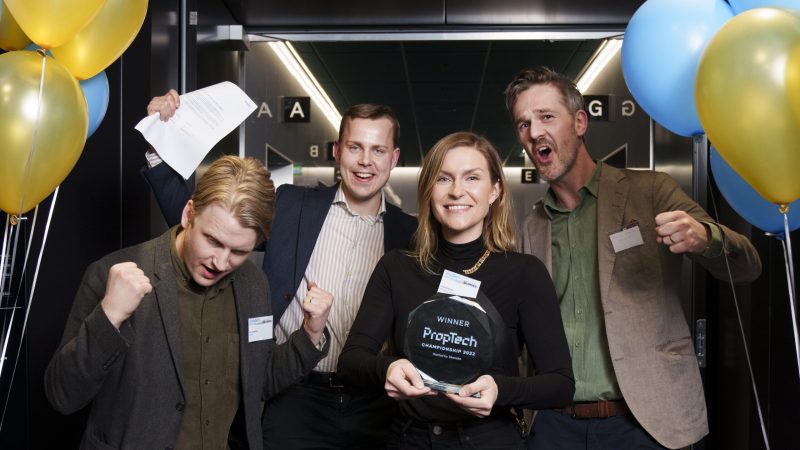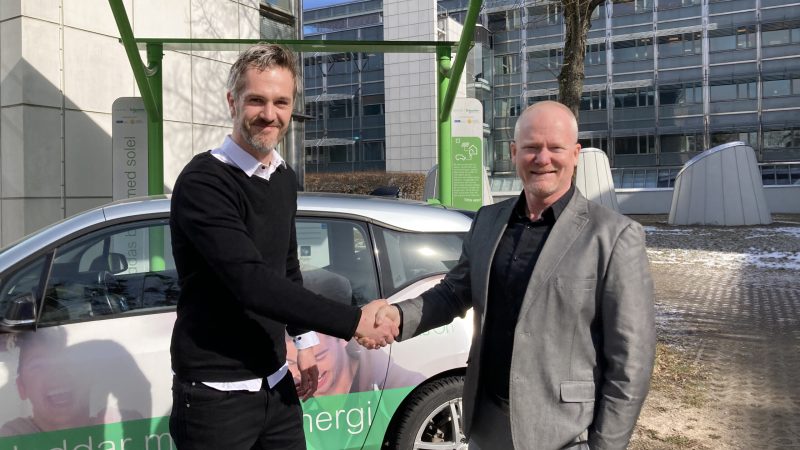In the digital age, the Internet of Things (IoT) has transformed how we interact with our environment. From smart homes to intelligent building management, IoT sensors play a pivotal role in collecting data that drives these innovations. While batteries remain the most reliable power source for wireless sensors today, Sally R is constantly seeking smarter ways of working. Embracing innovation is part of our journey towards a more sustainable and efficient IoT landscape. We aim to test and evaluate new technologies in our projects concurrently, such as sensors powered by solar cells. Could this be the future?
Sally R’s software service operates on the data collected by these sensors, adding another layer of intelligence to our projects. This synergy between hardware and software is incredibly intriguing to us, as it opens up new possibilities for enhancing efficiency and sustainability in the IoT realm.
What is the battery challenge in IoT devices?
Environmental Impact: The production of Li-ion batteries, commonly used in IoT devices, involves mining for metals like lithium, cobalt, and nickel. These processes can lead to habitat destruction, soil and water pollution, and contribute to greenhouse gas emissions.
Resource Scarcity: Some materials used in batteries, like cobalt, are finite and are being depleted at an alarming rate. This not only raises concerns about future availability but also geopolitical tensions over resource control.
Waste Management: End-of-life battery disposal is a significant challenge. Many batteries end up in landfills, leading to soil and water contamination. While recycling solutions exist, they are not always efficient or widely adopted.
Maintenance & replacement: Batteries have a limited lifespan. In IoT devices, especially those deployed in hard-to-reach areas, frequent battery replacements can be labor-intensive and costly.
A Collaborative Solution: Indoor solar-powered sensors
Recognizing these challenges, Sally R, in partnership with a leading sensor supplier, Elsys, and a renowned solar cell manufacturer, Epishine, embarked on a groundbreaking test in a project.
Our goal? To assess whether these smart sensors not only demonstrate efficiency but also uphold environmentally friendly standards. Our planet (and we) would certainly appreciate it!
These new sensors, designed to measure CO2, temperature, and humidity, are devoid of batteries. Instead, they harness the power of indoor light through solar cells.
This innovative approach offers several benefits:
Sustainability: By eliminating the need for batteries, we reduce the environmental footprint associated with their production, use, and disposal.
Longevity & efficiency: These sensors can operate as long as there’s ambient light, ensuring consistent data collection without the need for frequent maintenance.
Cost Benefits: Over the long term, buildings can save on the costs associated with battery purchase, replacement, and disposal.
The Stockholm project: A real-world test
In a practical move to test the efficacy and reliability of these new devices, we’ve initiated a project in a large shopping mall spanning 100,000 m2 in the south of Stockholm. The sensor provider has supplied 200 traditional battery-powered sensors, while we’ve deployed 10+ of these new solar-powered devices. The project has also received support from Netmore, which has provided an IoT network for LoRaWAN connectivity. This real-world setting will provide invaluable insights into the performance, advantages, and potential areas of improvement for these innovative sensors.
A partnership for a greener future
This project is a testament to the power of collaboration. By bringing together expertise from software, sensor technology, connectivity for IoT and solar cell manufacturing, we’re not just innovating; we’re setting a new standard for sustainability in the IoT landscape.
At Sally R, we’re excited about the possibilities this partnership unlocks. Together, we’re paving the way for a future where technology and sustainability go hand in hand.
For more insights into this collaborative project and how our sustainable solutions can redefine your building’s management, reach out to us today.
